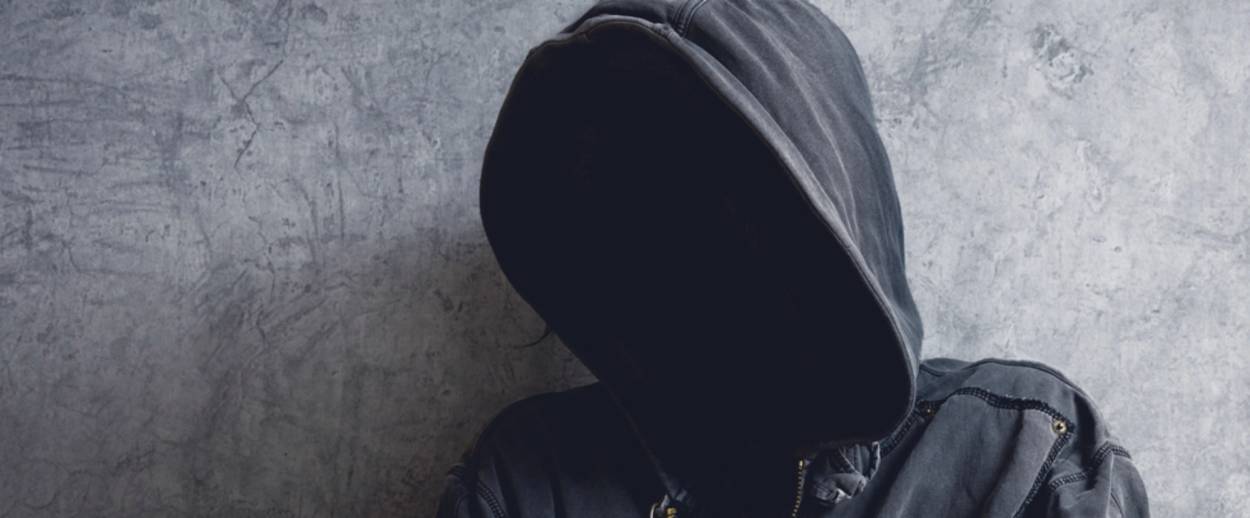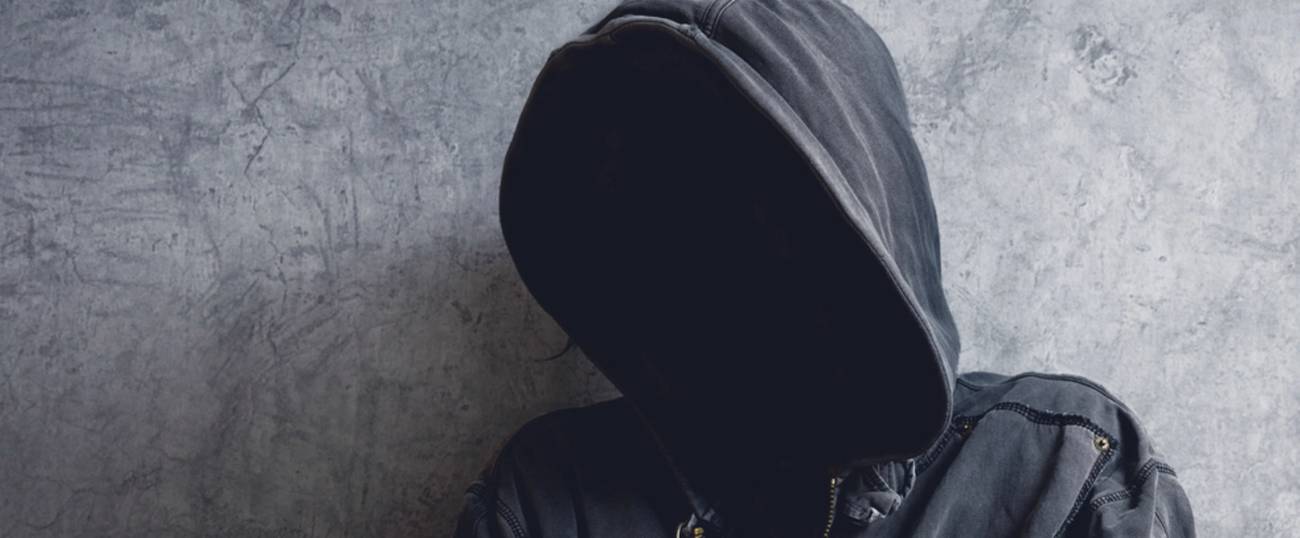Own Who You Are: Lessons from the Rachel Dolezal Storm
Donning an artificial identify undermines those who still battle oppression




Most of America was scratching its head in wonder when news broke that Spokane, Wash., former NAACP President Rachel Dolezal is apparently a white woman who has been disguising herself as black for years.
I wasn’t. There are probably many more impostors lurking in communities of color. If anything, I’m surprised it took so long for one to get outed.
I’m one of three moderators of a social media group forum for Jews of color (JOC). Our members are screened prior to admission (easily a full-time job) because Jews of color who request membership are hugely outnumbered by white people demanding entry, including about a quarter of applicants who aren’t even Jewish. It is an arduous task, mainly focused on weeding out those who would potentially be trolls, and others who feel it is their duty to keep an “eye” on what Jews of color are doing. Some, who are upfront about their identity and are genuinely seeking to add to dialogue on Jewish diversity, I let in. Certainly the relative or spouse of a JOC would have a window into the unique issues we face and have insightful contributions to discussions of race and religion. Obvious allies—a white Jew on the board of their local NAACP or National Council of La Raza—are given access, too.
But then there are the white people who insist, adamantly, that they aren’t white. When I gently suggest maybe this isn’t the group for them, they argue with me despite having fair skin and no relatives or ancestors of non-European origin. After they fail to make their tortured case for admission (“But I feel like a Jew of color”), they become enraged, accusing me of reverse racism.
At the risk of being inundated with hate mail, I’m just going to say it: White people, (white Jews included), you are white. It is what it is. White skin is white skin.
Yes, yes, I know many would argue that race is a social construct with no biological relevance. Mainstream anthropologists agree humanity was born in Africa, so in some sense everyone has a drop of black blood somewhere. And the United States has bounced all over the place in its racial classification of Ashkenazim and Sephardim. But, again, white is white.
Based on what Dolezal has said in the media, one might discern that she believes the social construct of race is artificial. Her actions, however, suggest that she likely believes it to be an asset in the age of affirmative action and President Barack Obama. Given her career trajectory—NAACP leadership and a teaching post in the Africana Studies Program at Eastern Washington University—Dolezal may have anticipated some professional gain in lying.
Yet none of the positions she held carried with them a prerequisite of African ancestry . There are far more whites than blacks in academia; the NAACP has been multiracial all the way back to its 1909 co-founding by a black and white coalition of activists; and the historically black Howard University admitted Dolezal when she still presented as a white woman.
Race isn’t a figment of society’s imagination, and racism remains very real. Membership in the black race didn’t do any favors for John Crawford III and Tamir Rice, innocent black American males fatally shot because they were perceived as threatening while handling toy guns. Racism must have felt very real to Damas Pakada, the unarmed Ethiopian-Israeli soldier beaten by police while wearing his Israel Defense Forces uniform. And it felt real to me when a white, Jewish landlord nearly ripped my gold Mogen David off my neck in the process of denying my application for an apartment.
Maybe Dolezal believed looking black was the only way to effectively fight for black causes and gain acceptance by the black community. But any student of history knows that’s not true.
Black America has rarely, if ever, rebuked respectful white admirers and allies. We revere and study brave white abolitionists and conductors on the underground railroad, just as Jews celebrate the righteous Christians who hid European Jews during the Holocaust. The Dolezal fiasco is at best unnecessary—and at worst—harmful.
When white people artificially don a black identity, they undermine the credibility of the actual black people still battling oppression. They also send the message that you have to be black to care about black culture and economic and political empowerment. (Don’t even get me started on the Vanilla Ices and Iggy Azaleas of the world, who slip into a cartoonish, stereotypical persona by equating black identity with poor grammar. These characters insult the very people they admire enough to emulate.)
But what’s tragic about the apparently growing trend of whites denying being white is the undercurrent that there’s something wrong with being white. There isn’t.
I’m the biracial daughter of a black mother and a white father. I love, honor, and respect my white relatives as they are. They don’t have to be something they’re not to win me over or earn “I’m not racist” street cred.
This strange white denying trend should be particularly distasteful to Jews, given our history of having to hide being Jewish during times of persecution. If anyone, anywhere, should understand the importance and the privilege of being oneself, it should be Jews.
So own who you are. Be proud. And don’t be offended when I say I’m proud to be both black and Jewish, because I’m not giving up either one.
Related: Am I Like Rachel Dolezal?
Courtenay Edelhart is a journalist, Reform Jew and single mother by choice via adoption. She lives in Bakersfield, California, with two children, an obnoxious Chihuahua, and assorted dying houseplants.